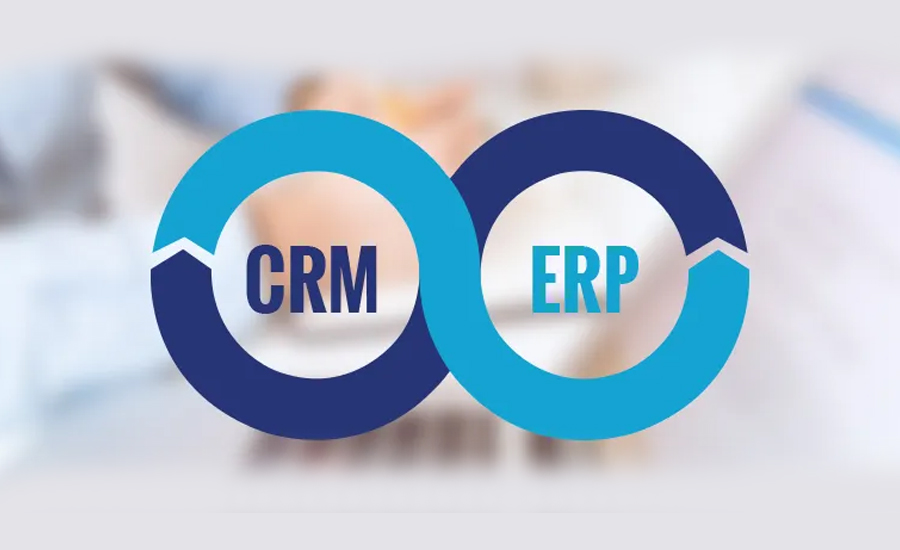Everything you need to know about CRM VS ERP
Today, businesses seeking digital expansion frequently adopt CRM (Customer Relationship Management) and ERP (Enterprise Resource Planning) tools. For instance, both systems aim to boost production, profit, and scalability. However, they function differently while playing equally vital roles.
In essence, ERP software streamlines a company’s operations by managing databases, finances, inventory, and sales. Conversely, CRM focuses on tracking customer patterns, interactions, and relationships to enhance customer acquisition. Therefore, organizations can choose these technologies separately or opt for platforms that integrate both, depending on their needs.
What is CRM?
CRM, or Customer Relationship Management, connects companies with customers. Specifically, this software helps organizations understand their audience, strengthen customer relationships, and refine sales or marketing strategies based on service purchase patterns, website usage, and bounce rates.
Top benefits of CRM
CRM tools centralize data, connecting companies and customers through a robust database. Moreover, they automate data organization and generate powerful sales reports to forecast scalable performance. As a result, CRM becomes an essential business tool.
Here’s how CRM enhances businesses:
-
Collects and organizes information in a centralized database for easy access.
-
Tracks and manages the customer journey to ensure smooth interactions.
-
Reminds sales teams to follow up on prospects, converting leads effectively.
-
Creates data-driven sales reports to predict strategies and spot trends.
What is ERP?
ERP or Enterprise Resource Planning is largely about managing the operational resources for running a smooth business. ERP’s core functioning revolves around a database, customer details, finances, inventory, supply chain, etc. ERP is a complete planning package of services required to successfully run an organization.
Top benefits of ERP
ERP’s greatest strength lies in its shared database, which manages finances, operations, and more within a single platform. Consequently, ERP eliminates the need for multiple departments to invest in separate systems. Additionally, it automates processes, saving time, reducing manual work, and organizing data entry.
Here are key advantages of ERP:
-
Automates data to speed up communication across finance, HR, sales, marketing, and production.
-
Processes bulk data to enable analysis, strategy development, and implementation.
-
Optimizes workflows to manage logistics, supply chains, and stocks cost-effectively.
Top 3 differences between CRM and ERP
-
CRM focuses on front-end tasks, such as managing customer-related databases, while ERP streamlines back-end processes.
-
ERP consolidates data from CRM, Human Resource Management, and Supply Chain Management into a complete planning package.
-
CRM enhances sales and customer communication, whereas ERP reduces costs through efficient resource planning.

